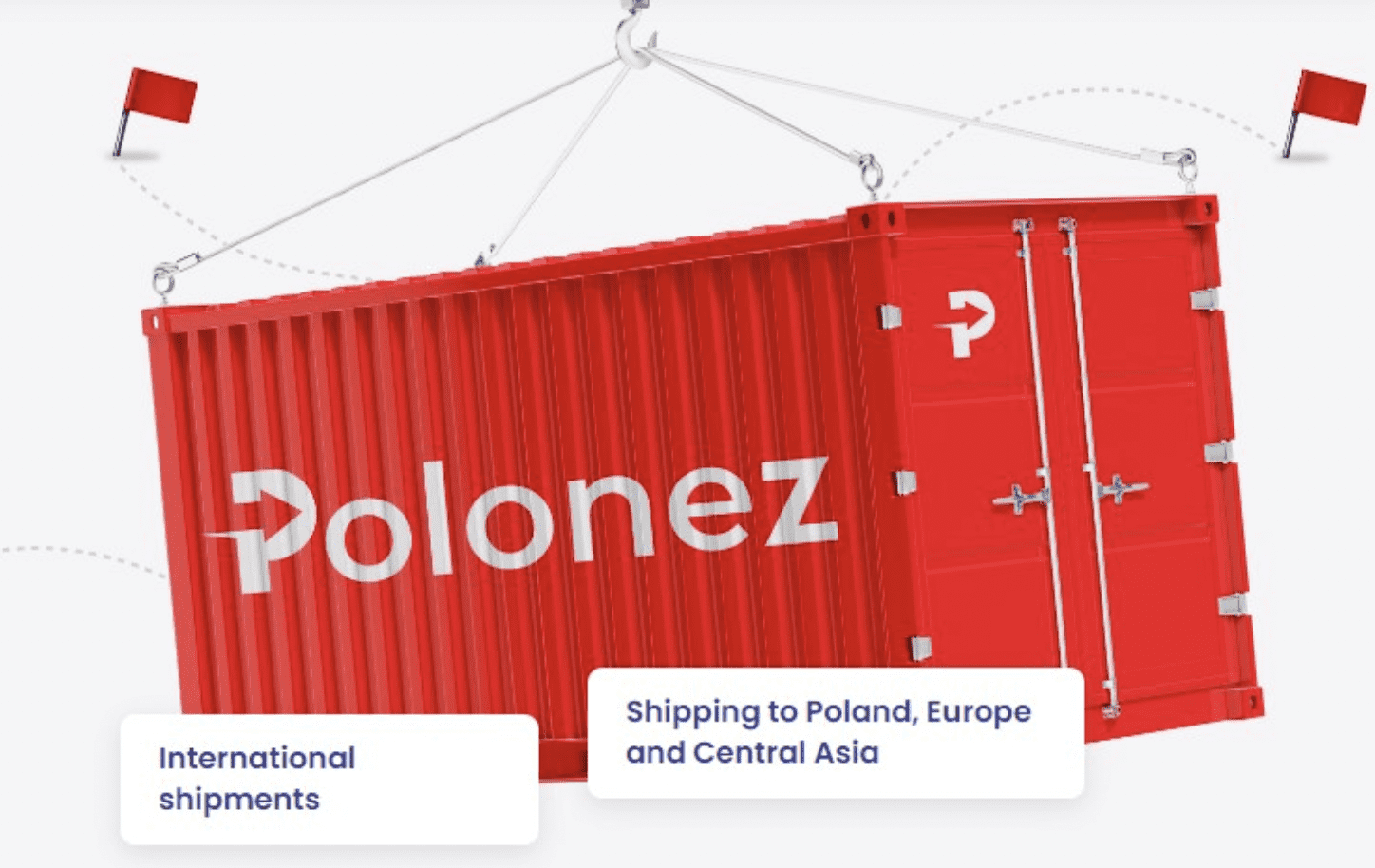Knowing international shipping rules and constraints is essential for smooth and compliance shipment. Polonez America’s comprehensive list of forbidden products for Poland helps shippers handle international logistics. Avoiding legal concerns and guaranteeing shipment safety and efficiency requires following these principles. Here’s a list of forbidden materials and why you should follow them while shipping US shipments to Poland.

Polish Legislation on Imported Goods
Customs Law in Poland
EU members like Poland follow harmonized customs rules. These rules restrict the entry of guns, cultural objects, chemicals, and biological elements. Polish customs laws prohibit unlawful trade, defend national security, and preserve the environment and culture. Customs Law in Poland regulates the import and export of goods, ensuring compliance with national and EU regulations. It encompasses tariff classifications, duties, and procedures for customs clearance. The law aims to facilitate trade while protecting economic interests and national security. Polish Customs Law aligns with the EU Customs Code, requiring accurate documentation and adherence to standards for all cross-border trade activities.
Environment and Health Safety Laws
Plant, animal, and food import laws in Poland are strict. These protect the country’s crops and biodiversity against invading species and illnesses. EU-unsafe perishable goods are also banned by health rules.
Protecting Cultural Property
Polish cultural property laws are severe. To preserve national heritage, export and import limitations apply to historical, artistic, and cultural items.
American Legislation on Exported Goods
Export Administration Regulations (EAR)
The Export Administration Regulations, overseen by the Bureau of Industry and Security, control the export of national security, foreign policy, and economic interests commodities and technologies. This comprises military, dual-use, and proliferation commodities and technology.
Fish and Wildlife Service Rules
This includes international transportation restrictions for live animals and some animal products to conserve endangered species and prevent disease transmission.
US Customs and Border Protection
U.S. Customs oversees the export of precious metals and stones to prevent smuggling and secure international commerce.
Prohibited Items
So, here is a full list of what is not allowed by Polonez (https://www.polonezamerica.com/en/ship-parcels).
List of Prohibited Items by Polonez America
1. Weapons and Military Equipment
- Firearms: Including all types of guns, pistols, rifles, shotguns, and any firearm parts.
- Ammunition: All kinds of ammunition used in firearms.
- Explosives: Materials intended to detonate, such as dynamite, fireworks, and blasting caps.
2. Biological and Chemical Materials
- Hazardous Chemicals: Any chemical that poses a risk of harm to health, safety, or property.
- Biological Hazards: Materials that could be infectious or harmful to humans and animals.
- Flammable Items: Items that can easily ignite, such as certain aerosols, gasoline, and some paints.
3. Animals and Agricultural Products
- Live Animals: Due to the stress and potential harm during transit, the shipment of live animals is strictly prohibited.
- Certain Plant Products: Restrictions are placed on seeds, soils, and plants that might carry pests or diseases.
4. High-Value and Cultural Items
- Valuable Jewelry and Precious Metals: Includes high-value items like gold, silver, and precious stones that require special handling.
- Artifacts and Cultural Property: Items with significant cultural value or that are protected by export controls and cultural heritage laws.
5. Electronics and Batteries
- Lithium Batteries: Due to the risk of fire, shipments containing only lithium batteries are restricted.
- Electronic Devices Affected by Batteries: Devices that contain lithium batteries must comply with specific packing guidelines.
6. Counterfeit and Illegal Goods
- Counterfeit Merchandise: Imitation brand-name goods, pirated software, and fake documents.
- Illegal Substances: Controlled substances, narcotics, and drugs without appropriate documentation.
7. Food and Perishables
- Perishable Food Items: Foods that can spoil or decay, require specific temperature controls that are not provided.
- Alcoholic Beverages: Due to regulations regarding the transport of alcohol across international borders.
Why Compliance Matters
- Legal Compliance: Ensures adherence to international and local laws, helping to avoid fines, penalties, or confiscation of items.
- Safety: Prohibiting the transport of hazardous materials protects the handlers, recipients, and general public from potential harm.
- Preservation of Biodiversity: Prevents the spread of non-native species and diseases that could impact local ecosystems and agriculture.
- Integrity of Cultural Heritage: Protects items of cultural significance from being illegally removed from their country of origin.
Understanding and complying with Polonez America’s shipping restrictions not only facilitates a smooth logistical process but also promotes ethical and responsible shipping practices. It’s essential for shippers to review these guidelines thoroughly before preparing a shipment to Poland to ensure all items are eligible for transport.








